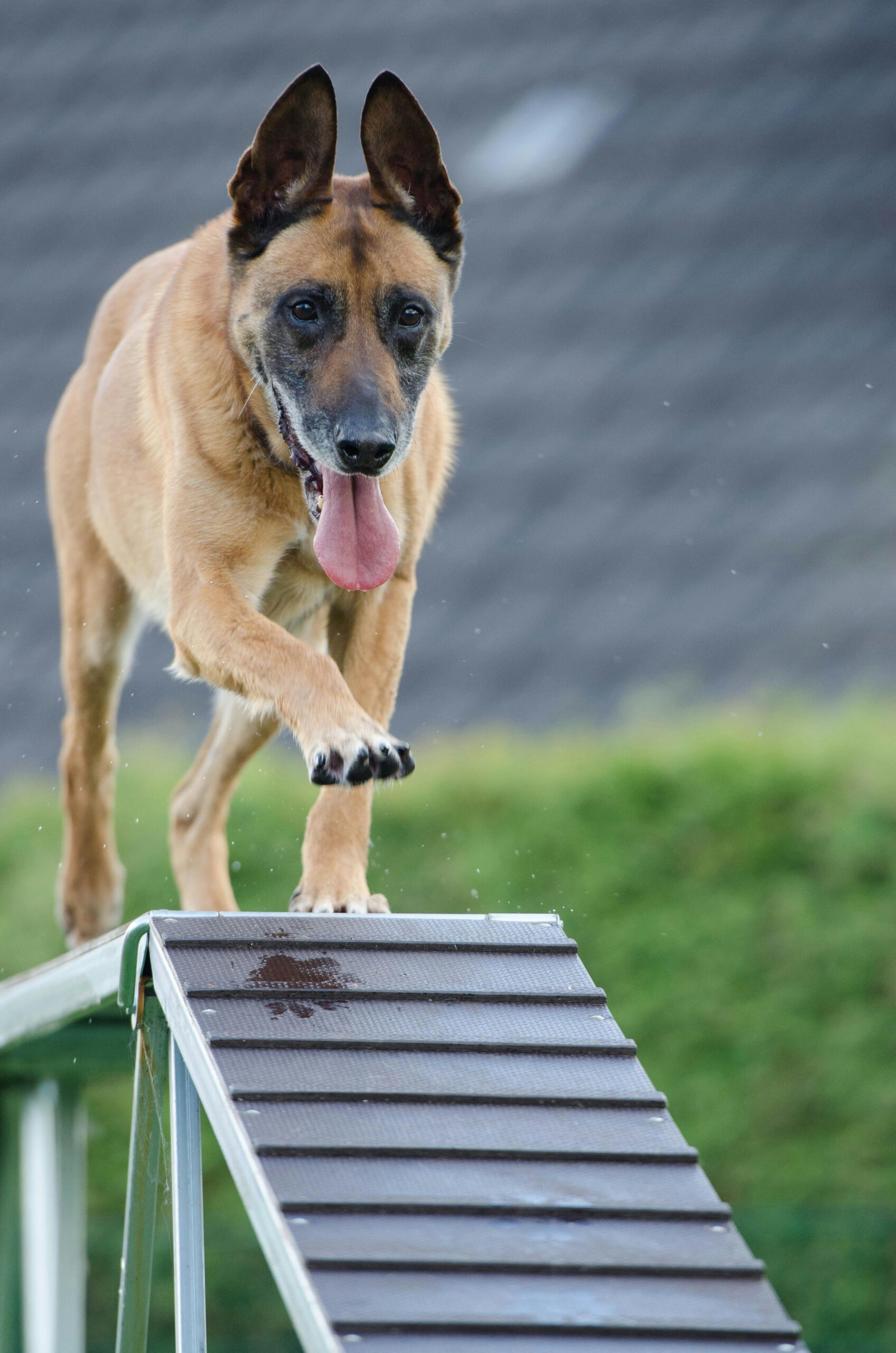Training for Therapy or Service Dogs: Essential Puppy Training Strategies

Training for Therapy or Service Dogs: Essential Puppy Training Strategies

Introduction
Are you prepared to commence the gratifying process of puppy training a service or therapy dog? How do you begin, however, and what are the most crucial strategies for achieving success?
Comprehending the Function of Service and Therapy Dogs: Prior to discussing in-house dog training strategies, it is essential to comprehend the functions of service and therapy canines in the lives of individuals. Therapy canines offer solace, camaraderie, and psychological assistance to people in a variety of environments, including schools, hospitals, and nursing homes. In contrast, service canines are specifically trained to carry out duties that aid people with disabilities, including providing navigation for the visually impaired and detecting seizures. Strict training is required for both breeds of canines to ensure that they can perform their duties in a safe and efficient manner.
1. Socialization In Puppy Training:
Establishing Trust and Confidence Socialization serves as the fundamental cornerstone of therapy or service dog training. Early exposure to a diversity of people, animals, environments, and experiences will aid in the development of confidence and adaptability in your puppy. By engaging in positive interactions with a variety of stimuli, your puppy will develop confidence and trust and become accustomed to the various circumstances they may encounter in their capacity as a service or therapy dog.
2. Fundamental Obedience:
Establishing a Solid Groundwork Although fundamental obedience training is critical for all canines, it is particularly vital for service and therapy dogs. Use positive reinforcement to instruct your puppy in fundamental commands, including sit, remain, come, and heel. The development of obedience into a solid foundation, which will serve as the building blocks for more complex training duties in the future, requires consistency and perseverance.
3. Individualized Task-Specific Training:
Addressing Specific Requirements In order to prepare your dog for its intended function as a therapy or service dog, its training will need to be modified to address particular requirements. An instance of this would be a therapy dog that requires instruction on maintaining composure in a variety of settings, whereas a service dog might be required to acquire proficiency in performing duties such as item retrieval, door opening, or stability assistance. Determine which tasks your companion must master and direct your training efforts accordingly.
4. Training in Desensitization and Distraction:
Sustaining Concentration Training therapy and service canines to maintain composure and concentration in the face of interruptions is critical, given that they frequently operate in hectic and unforeseeable settings. Gradually expose your puppy to various stimuli, such as crowds, loud sounds, or other animals, using desensitization techniques; instruct them to maintain their attention on you despite the distractions. With consistent training and positive reinforcement, your dog will develop the ability to maintain concentration on tasks despite difficult circumstances.
5. Bonding and Relationship Development:
Fortifying Interconnections” It is vital that your puppy develops a strong rapport with you in order to succeed as a service or therapy dog. Collaborate in meaningful pursuits such as play, grooming, and snuggling to cultivate trust and promote reciprocal comprehension. Not only will a strong bond increase your dog’s eagerness to learn and cooperate, but it will also strengthen your relationship with him, laying the groundwork for productive collaboration.
Why Us
No matter how new or old you are with your pup, you will always need a specialized training service for this purpose. And this is where madiahhinds.com always comes to your help.
Conclusion
Have you reached the readiness to commence the process of training a service or therapeutic dog? In what manner do you intend to execute critical training methodologies to adequately equip your puppy for their pivotal role? Could you fathom the profound influence that a meticulously trained canine will exert on the individuals they attend to? You can make your puppy an invaluable therapy or service dog companion by employing the proper training techniques, in addition to diligence and perseverance.




